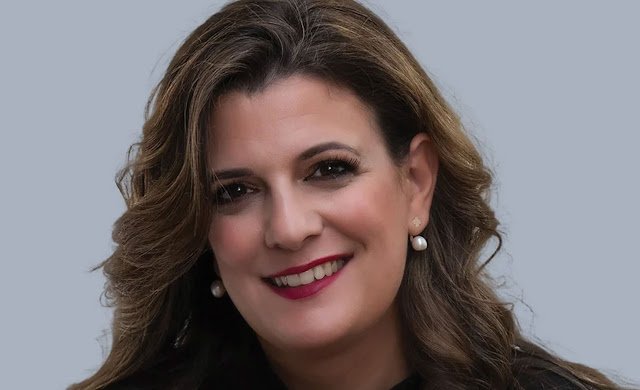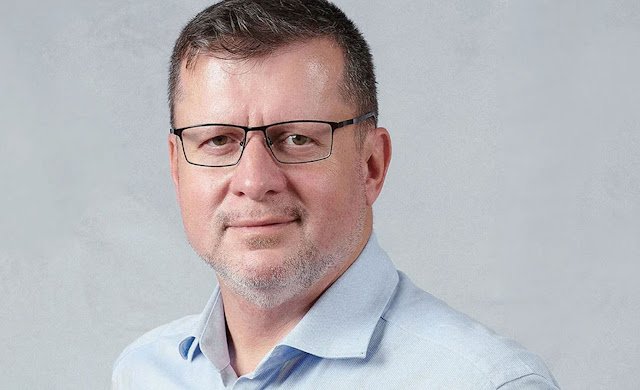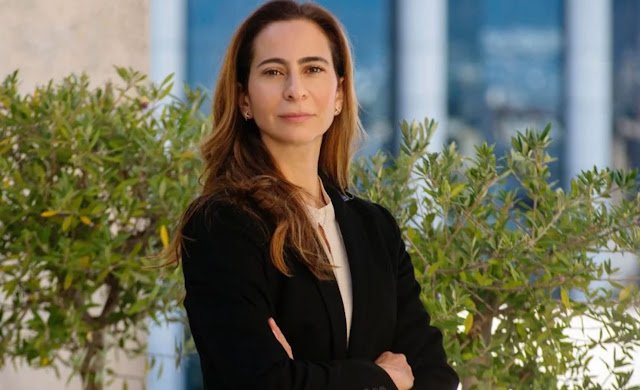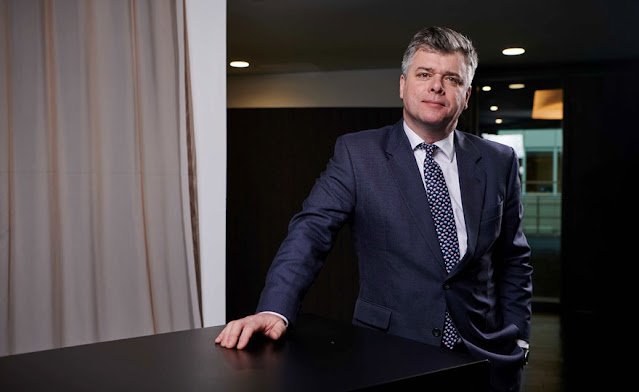Irene Notias, Country Manager, Sing Fuels Ltd., Founder, Project CONNECT
Despite its strength and significant role in world trade, I see shipping industry’s vulnerability lies in the areas of financing its new energy procurement and a weakness in hiring skilled quality human energy. From 22 years of selling bunker fuels and interacting directly with decision makers, the instruments that are linked to buying bunker fuel have always been too volatile and now with the uncertainties of the alternative fuels, there is an added strain on the resilience we have seen over the years. Nevertheless, Shipping can weather storms because of its people’s drive, stamina, know-how and from love for their work and faith. How will Shipping maintain its resilience and its commitment to the inevitable and variety of changes?
I believe it will take courage, assurance, responsibility and execution. I believe it will take confident people that have assurance of their skills, the conditions, and the rules. For instance, the rule of “safety first”, so we will train the crew on new fuels delivery methods –pre & post. Crew and shore personnel must be knowledgeable and experienced; be able to handle the ropes and weather any storm.
Three years ago, I wrote a trade article, “The Achilles heel of shipping”, which stated that the shortage of fuel credit lines would negatively impact smaller shipping companies. The credit insurance companies besides the banks began to reassess the exposures after the fuel trading company and shipping companies bankruptcies. Fuel Suppliers became very careful to who they sold. With the new variables in the horizon, like alternative fuels, comes an array of conditions that someone has to adapt to responsibly by accurately knowing the history and how to’s of the fuel industry before entering this new arena. Who will sell the new fuels to who? How will they be priced? Who will train the unknown? I wonder is there room for trial and error anymore, like there was 20 years ago?
Topped up with imminent variables like decarbonization, environmental regulations, geopolitical tensions, and labor shortages, resilience, watch out. Our industry’s leaders and managers will need adequate support to juggle it all and make their companies come out winners. I believe it can be achieved. Digitalization is an efficacy tool that will aide them but there must be investment in a qualified – skilled work force that will not disrupt but instead enable the necessary growth. We need a next gen workforce that cares, has faith, and that possess the necessary courage and assurance, at the same time acts responsibly and executes the tasks at hand efficiently and effectively. They must gain ample work experience on the relative subjects, working under the experienced, to achieve this though.
I am confident we can sustain shipping if we make Knowledge King, stick to the priorities, and work together on training high standards to the work force who can support the leaders’ visions. We must also prepare the young shipping student who chose to work in this industry on how to work. The industry is a chain reaction dynamic. It was once driven by basic economic principles (supply & demand) and simple math (1+1=2); now, it is driven by virtual markets and soon robots. Buying bunker fuel was basis real value pricing, and now it is based on paper which is linked to a bank which is linked to an insurance company. You are actually buying a commodity. When the bunker price is subject to crude oil futures movements based on all about nothing news and algorithms, the added variables make running a ship more complex than ever. Achilles Heel is just a sore spot and can be ‘healed’ (no pun intended). The ship owning community should recognize the weaknesses and act before they acclimatize further.
Let’s not forget the IMO is a regulating body but it is not the law unless the adopting country makes it so. Thus, we need to educate lawmakers about shipping operations in order for them to make cohesive decisions that HARMONIZE rather than disrupt the vessels operations and positive results.
For sure assurance in a world of uncertainty is like an oxymoron. Let’s encourage more appropriate measures and procedures to safeguard our crew, the vessel, besides the cargo and company’s profitability. Let’s remember that cheap is expensive and you get what you pay for. Focus on entrusting capable knowledgeable people to achieve goals cost-effectively. And why not encourage businesses to follow best practices and ethics for the good of a healthy international commerce and thereby, a healthy economy. Governments should offer incentives, for instance, to hire and train college freshman to get that competitive edge of a skilled workforce. While governments and the IMO contemplate ideas, the various maritime service industries, like the bunker sector, can continue to support customers to sustain their businesses, thru understanding the consequences of not, because without buyers, there are no sellers.
Finally, as history tells, as long as there are effective, caring Captains with faith, shipping will remain resilient surviving all weather changes with courage, assurance, responsibility and intelligent execution.















